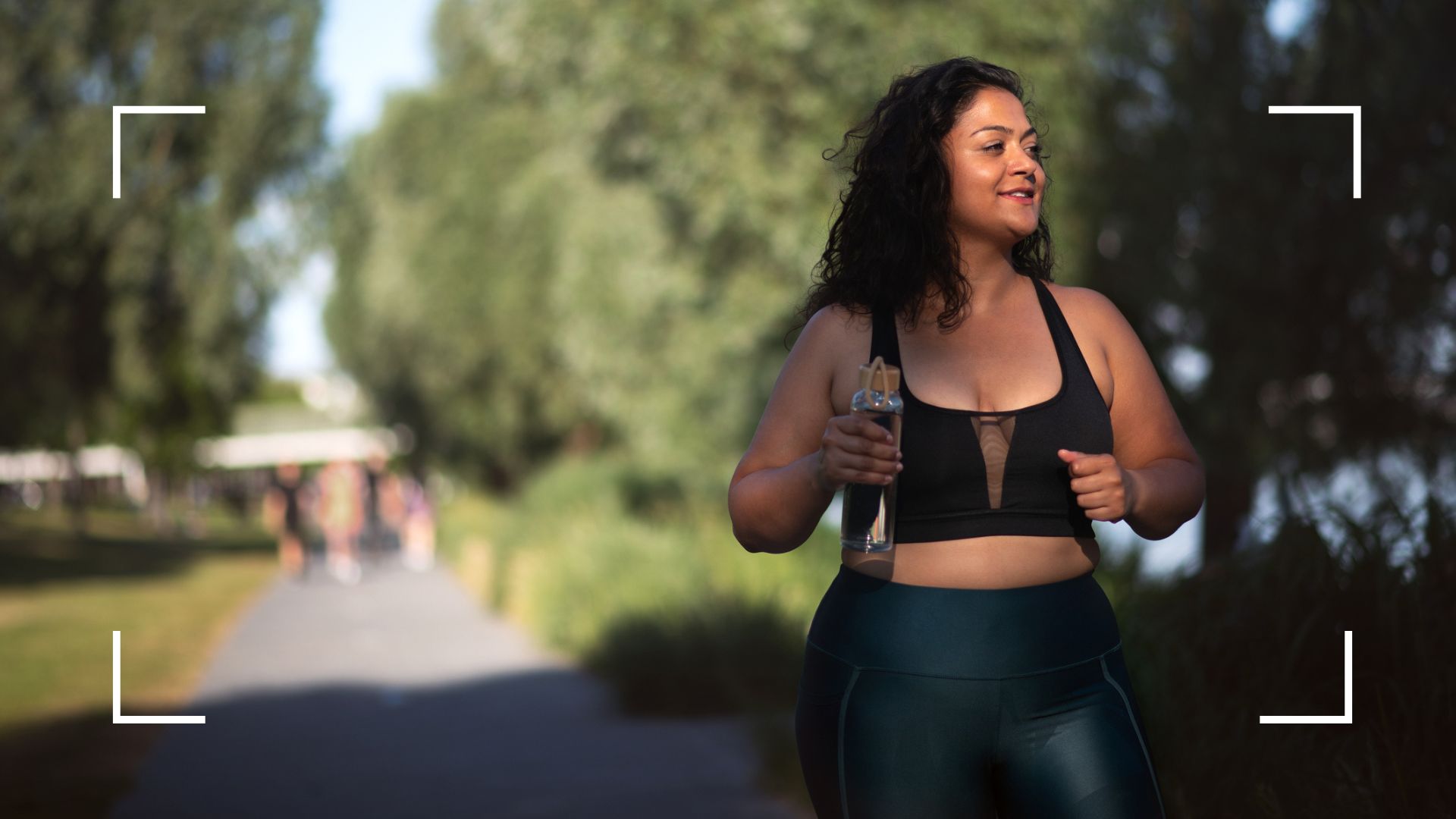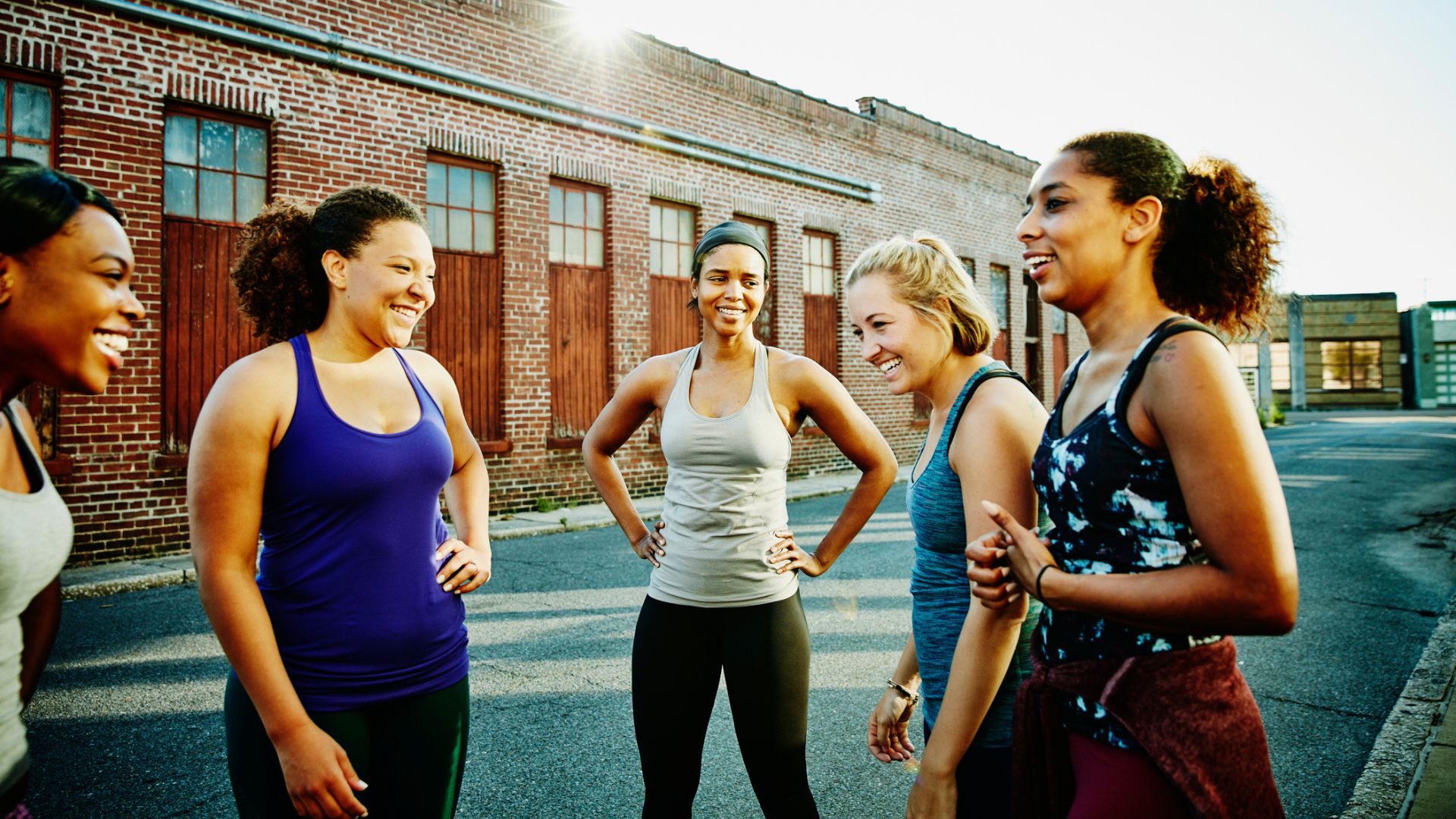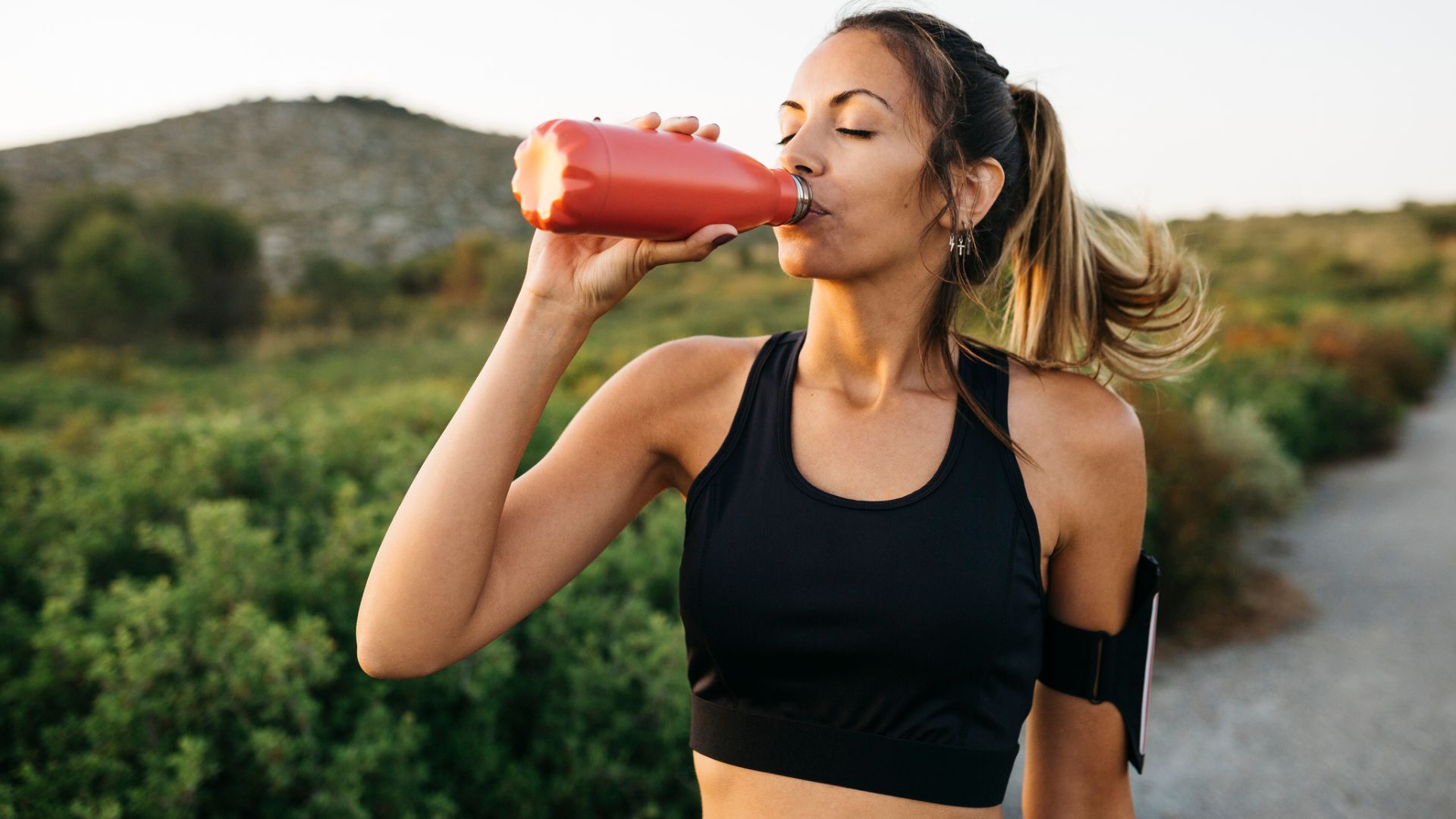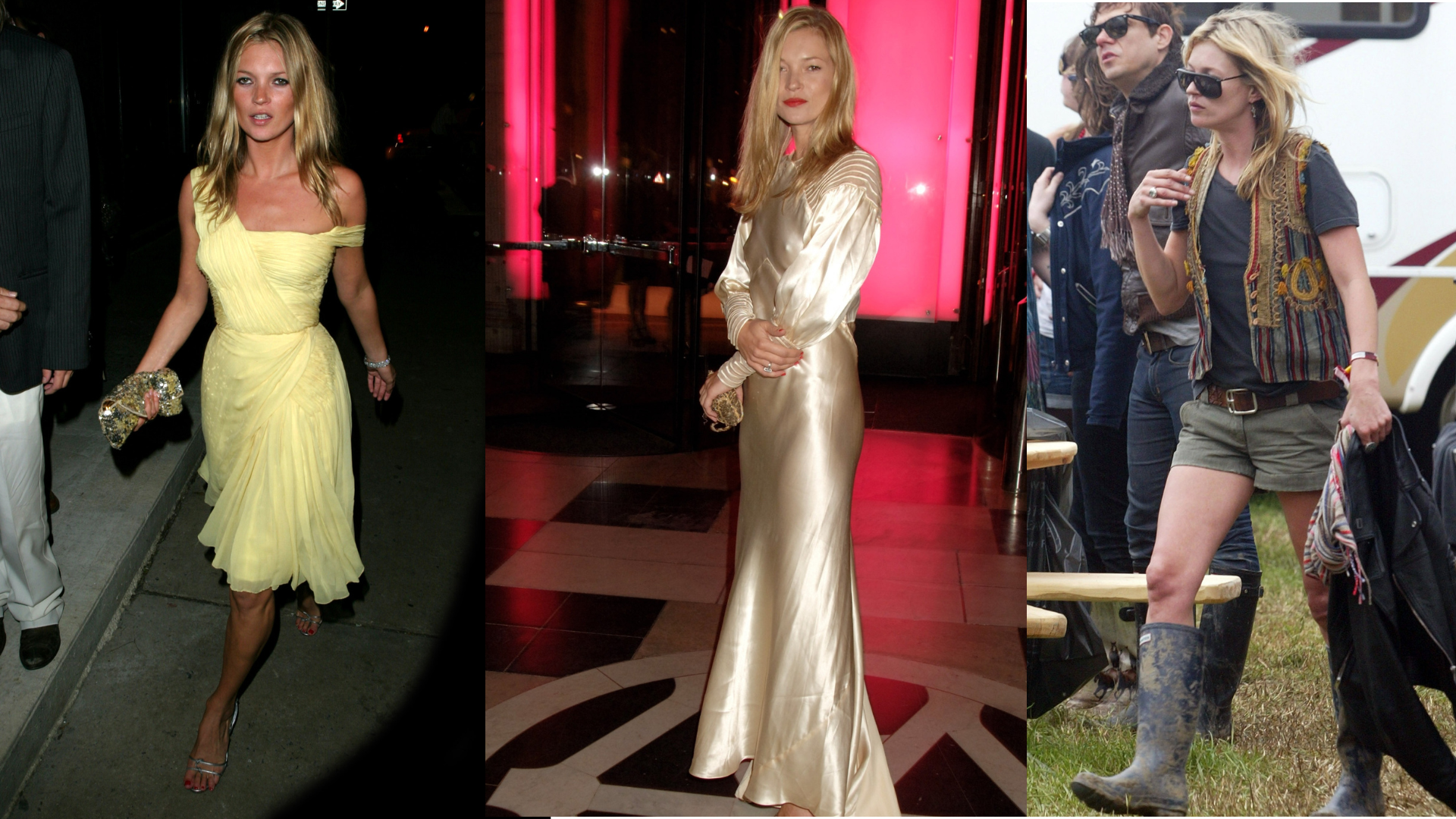Do you burn more calories in the heat? All you need to know about hot weather and weight loss
Do you burn more calories in the heat? Experts explain why with tips for exercising in the heatwave


Do you burn more calories in the heat? As the heatwave continues around the world, it's the question those interested in losing weight want the answer to.
Heading away from a cool, air-conditioned gym and into the heat isn't everyone's preference, but exercising in higher temperatures isn't just something that's reserved for warmer weather. For years, people have been exercising in rooms with the temperature ramped up, in layers of clothes and even plastic wrap to try and drop water weight and ellicit the benefits of hot exercise.
We all know that you need a calorie deficit to lose weight but there are certain factors that can give you an advantage when the weather changes, like the types of exercise we do and when we do them, providing you can sleep in the heat and have the energy to workout in the first place. This is what two personal trainers have to say about working out during the heatwave and whether it's worth it for weight loss.
Do you burn more calories in the heat?
Yes, technically, you burn more calories in the heat compared to regular temperatures. "The increased caloric expenditure comes as, when exerting yourself in the heat, your body has to work harder to stay cool through mechanisms such as sweating," explains Tom Opper, personal trainer and founder of Top Fitness UK. "This increased work from your body requires energy, which is why you’ll burn slightly more calories."
However, much like everything else in the world of weight loss, there's a clause attached. "You do burn more calories in the heat, but the increase to your calorie expenditure is relatively minimal, so this shouldn’t be a factor behind whether you choose to work out in warmer weather," he clarifies. So essentially, if you don't enjoy running for weight loss when it's hot outside, you really don't need to do it.
There's also factors that come with working out in the heat that may prevent you from performing at your best. If you're not used to working out in the heat, for example, you'll probably have to take it slower than you normally would to compensate for your body working overtime. This may make LISS cardio a more effective workout in the heat, rather than running for instance, as your heart rate isn't already touching peak levels before you've even got going.

Working out in the heat is also no way to lose weight in a week, a study in association with Monash University explains, as any drop in weight after a workout will be water weight rather than actual fat. And as another study by the University of Roehampton outlines, even this is flawed as your body acclimatizes very quickly to new environments, so this uptick in calories burnt will likely be over before the heatwave is.
Sign up for the woman&home newsletter
Sign up to our free daily email for the latest royal and entertainment news, interesting opinion, expert advice on styling and beauty trends, and no-nonsense guides to the health and wellness questions you want answered.
There are some benefits of exercising when it's hot outside though, explains David Wiener, an elite PT and body transformation specialist. "Shorter and slower workouts will actually help your body adapt to increasing its sweating capacity and reducing the electrolyte concentration of the sweat to boost your ability to maintain a safe core body temperature," he says.
"But if you start to feel extremely tired, lightheaded, disorientated, or nauseous, you should stop exercising, grab some water and find somewhere cool to sit."
Benefits of exercising in the heat
1. Physical gains
If you want to learn how to get fit quickly and make major changes to your fitness levels, you need to push yourself further than your body is used to - and heat is the perfect environment to do that in.
"There is no doubt that whilst we exercise during hotter conditions, we are putting our bodies under more stress," says Wiener, who is also the training and nutrition specialist at AI lifestyle and fitness coaching app, Freeletics. "However, this stress can become adapted to the more you push through it, ultimately improving your physical performance. If you adapt to hot conditions, you can adapt easier to it again in the future."

2. Increased blood flow
When it's hot outside and we get even hotter with exercise, our body is forced to adapt and change its processes - which includes pumping blood faster and more efficiently around the body.
"When you workout in the heat, it means your blood is being sent straight to your muscles, and also to the skin which can help you cool down. While it’s helping to increase the blood flow, it also increases your blood plasma volume which helps transport nutrients through the body," Wiener says. "Blood plasma actually helps with dehydration as well, by protecting your blood from getting too thick as the body starts to dehydrate."
In turn, a study by the University of Iowa explains, this naturally helps to keep our heart healthy but it also helps wounds to heal faster, it keeps our brains sharp, and it can even create a healthier-looking complexion almost overnight.
3. More sweat
We talk a lot about the link between sweat and fat loss with the famous phrase 'sweat is fat crying' bandied about fairly often. This couldn't be further from the truth, physically speaking, but you are sweating then you are likely in the process of fat burning as it's a sign you're pushing yourself beyond your standard capacity, and so will have an elevated heart rate.
The American College of Sports Medicine, for instance, recommends that healthy adults do 30 minutes of moderate-intensity exercise - which is enough to "break a sweat" while still carrying on a conversation - at least five days per week.
"Exercising during the heat will definitely make you sweat more which is great for burning fat," Wiener confirms. "Not only this, but the more you adapt to the heat, the more you will start to sweat earlier and train your body to pre-cool itself which is really beneficial for not overdoing it."

Tips for exercising in the heat if you want to burn calories
There are two important things to remember when exercising in the ongoing heatwave: timing and hydration. "During a heatwave, it is advised to work out when the weather is at its coolest," explains Wiener. "This is normally early in the morning, or in the evening. If you’re exercising outside, it’s a great idea to find a shaded area rather than exercising in the direct sunlight."
If you find the heat makes you tired then stick to certain hours as well. "Normally, 10am to 4pm is the hottest part of the day, so if you can avoid it, absolutely do," he says. "Especially make sure to avoid mid-day sun, as you can be at an increased risk of heat exhaustion, heat stroke and dehydration."
When it comes to hydration, water is the natural choice. However, just drinking water during your workout when it's hot outside won't be very effective - you have to drink it throughout the day. "Hydration will always be one of the most important things to remember when exercising in the heat, especially as we will be sweating more," Wiener suggests, "Drinking water throughout your workout allows you to maintain your blood volume levels, which is the amount of blood flowing through your body, and therefore enables your heart to deliver more oxygen per contraction. This allows you to train and perform better due to the amount of oxygen being pumped around the body."
Here are Freeletics' trainer David Wiener's other tips for exercising in the heat:
- Pre-cool: "You can do this by taking a cold shower, or even having an ice-cold drink," he says, "It works by lowering your core body temperature, so when you start working out in the heat, your core body temperature has further to go before it will start affecting workout performance."
- Choose the right clothing: "Opt for breathable, lightweight and light-coloured workout attire that permits sweat to evaporate, so that you can cool down effectively."
- Remember to cool down: "Stretching, focusing on your breathing, or even going for a walk will naturally bring your heart rate down, and help bring your body temperature return to normal," Wiener says.
- Have a post-workout protein shake: The benefits of protein powder are numerous, especially in the heatwave. "Not only will you boost your protein and sugar intake, which is needed after a workout, but it cools you down too."
- Accept your workout is going to be different: "Effectively training in the heat is something that you can train your body to get used to," he says. "So don’t worry too much if you start with shorter sessions and work your way up to longer, more intense workouts. Just stick with it and don’t give up."

Grace Walsh is woman&home's Health Channel Editor, working across the areas of fitness, nutrition, sleep, mental health, relationships, and sex. She is also a qualified fitness instructor. In 2025, she will be taking on her third marathon in Brighton, completing her first ultra marathon, and qualifying as a certified personal trainer and nutrition coach.
A digital journalist with over seven years experience as a writer and editor for UK publications, Grace has covered (almost) everything in the world of health and wellbeing with bylines in Cosmopolitan, Red, The i Paper, GoodtoKnow, and more.
-
 Kate Moss's best looks, from 90s slip dresses to leopard print staples
Kate Moss's best looks, from 90s slip dresses to leopard print staplesEffortless and stylish, our favourite supermodel has an iconic style that can easily be recreated
By Kathryn Lewsey
-
 Helen Skelton's layered look is giving me plenty of country chic style inspiration this Earth Day
Helen Skelton's layered look is giving me plenty of country chic style inspiration this Earth DayShe paired a mocha-coloured jumper with a blue shirt and a pair of wellies by Kate Middleton's favourite brand
By Caroline Parr